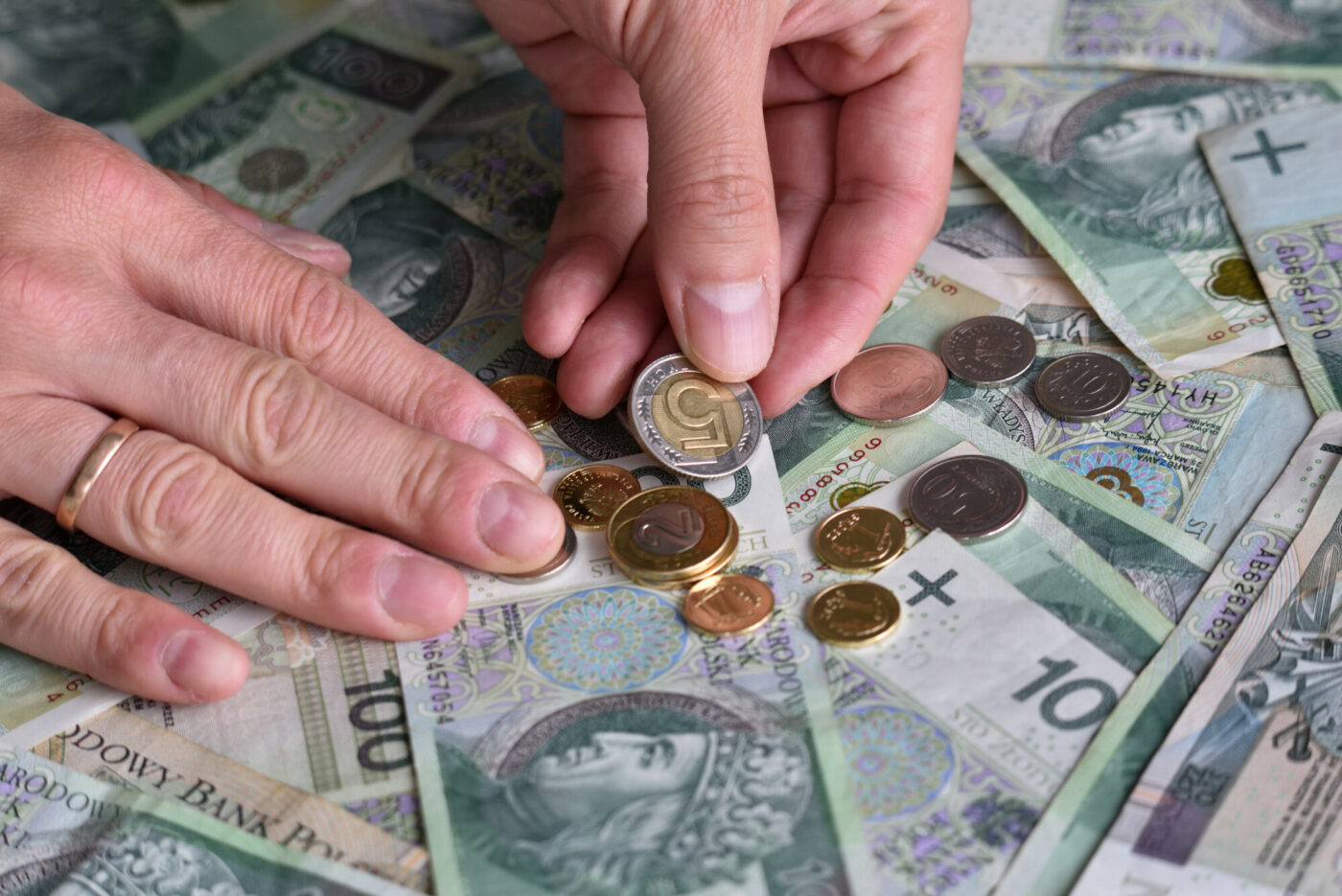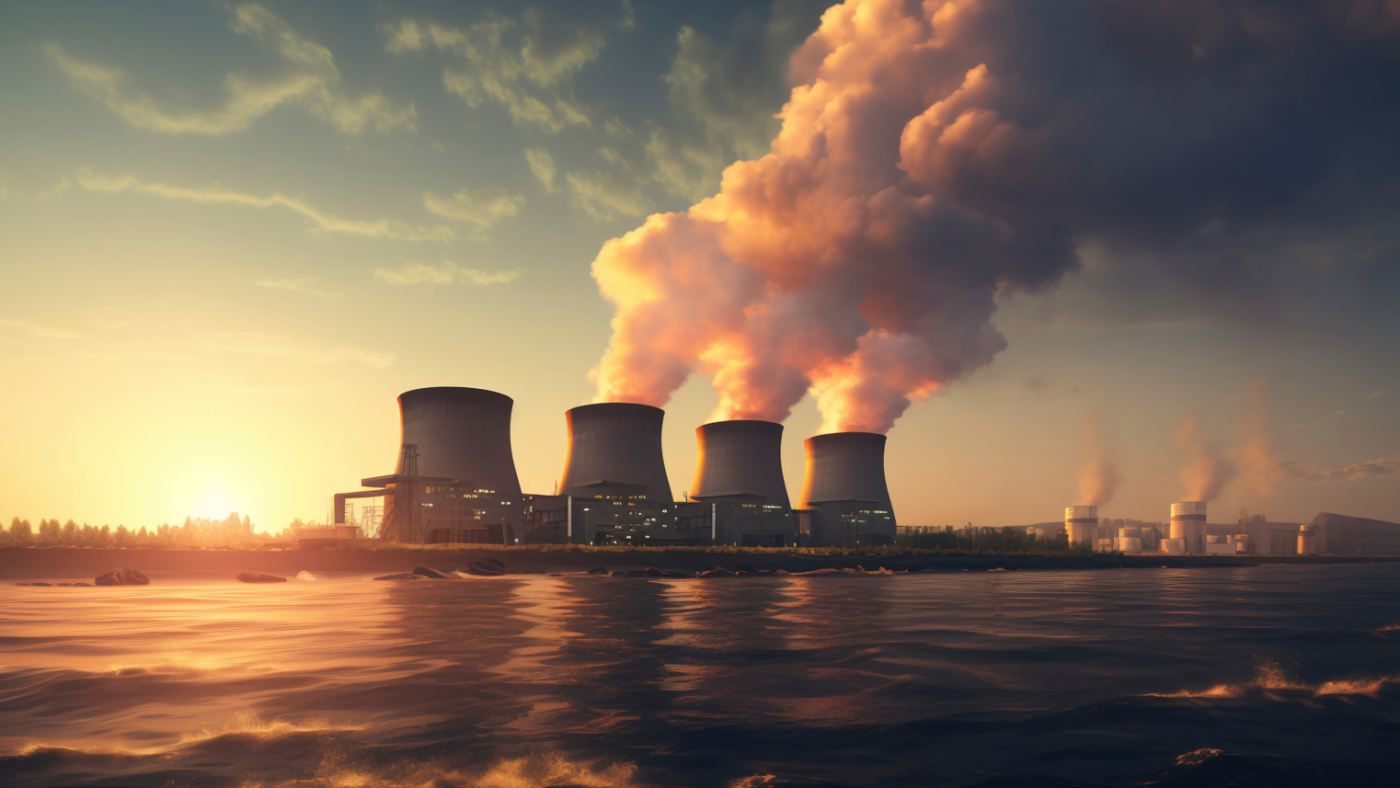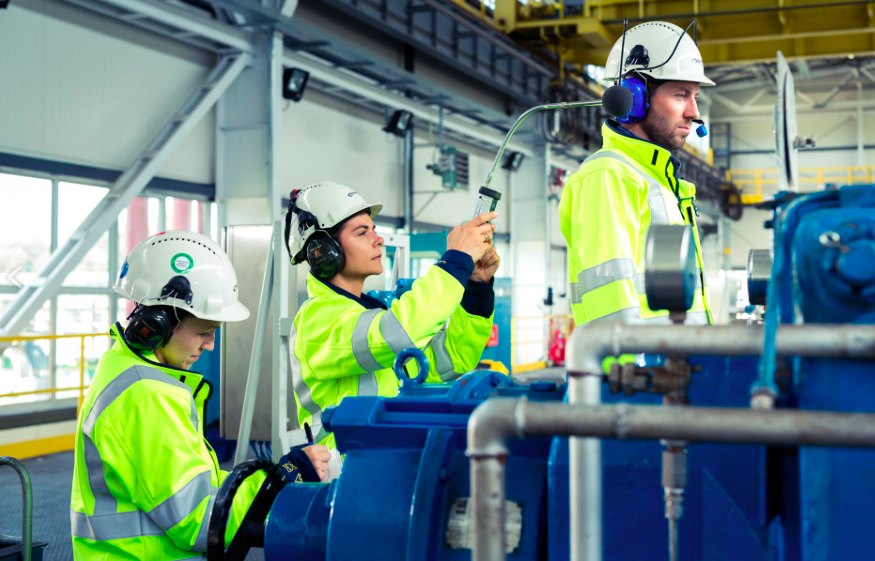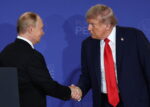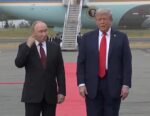The Three Seas Initiative summit in Warsaw was a watershed event because it implemented a political and economic project, which for years was nothing but a discussion topic. What are the perspectives of this cooperation? How important the differences of interests within the 3Seas itself will turn out to be? We talked about this with Tomasz Żornaczuk from the Polish Institute of International Affairs in the program “Opinion market” on Radio dla Ciebie.
“Differences of interests in politics are natural. They appear in bilateral relations and the Three Seas includes as many as 12 states. The joint declaration signed during the Warsaw summit talks about tightening the political, economic and also human bonds. This is why it is a noble idea, which is worth following,” Żornaczuk said. He also pointed that the Three Seas can work only within the European Union framework, which was unequivocally declared by the summit’s participants.
As part of the Three Seas Initiative four major economic projects will be implemented: the Northern Gateway, Rail Baltica, Via Baltica and Via Carpatia, all financed by European subsidies. However, Żornaczuk says to curb the enthusiasm. “The construction of the connections between the LNG terminal in Świnoujście and Croatia has been stuck for years, while Via Carpatia was the priority of subsequent Polish governments, but only on paper. In Romania it is one of the main highways and is 1500 km long, whereas in Poland out of the planned 700 kilometers less than 70 was built.” According to the expert one cannot expect the projects to be completed before the 2020 budget perspective. “The government circles are talking about 2025,” he sums up.
You can listen to the entire conversation in Polish on Radio dla Ciebie website:
http://www.rdc.pl/podcast/rynek-opinii-szczyt-panstw-trojmorza/

